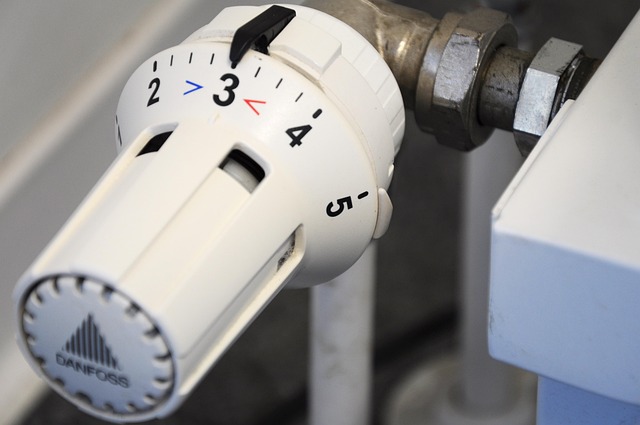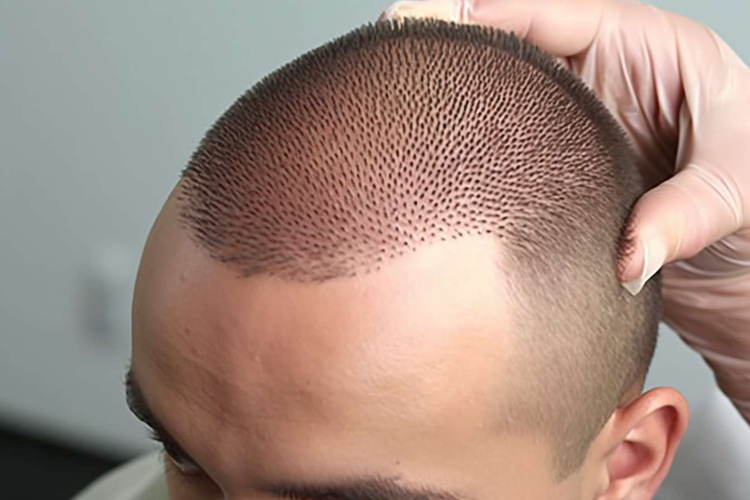Simple Ways That Can Stop an Atrial Fibrillation Attack
Atrial fibrillation (AFib) is a common heart rhythm disorder that can be both frightening and uncomfortable. While medical intervention is crucial for managing AFib, there are several simple techniques that individuals can employ to potentially stop or alleviate an AFib attack. This article explores practical strategies to help manage AFib symptoms and provide relief during an episode.

What Are the Common Symptoms of an AFib Attack?
An AFib episode typically presents with distinct symptoms that can help identify the condition. Common indicators include irregular heartbeat or heart palpitations, shortness of breath, chest discomfort or pain, dizziness, and fatigue. Some individuals may also experience anxiety or a feeling of impending doom during an episode. Recognizing these symptoms early allows for prompt implementation of management strategies.
How Can Breathing Exercises Help During an AFib Episode?
Controlled breathing techniques can play a vital role in managing AFib episodes. Deep, diaphragmatic breathing helps activate the parasympathetic nervous system, which can help regulate heart rhythm. Practice breathing in slowly through the nose for a count of four, holding for a count of two, and exhaling through the mouth for a count of four. This technique, known as box breathing, may help reduce stress and anxiety during an episode.
What Physical Maneuvers Can Potentially Stop an AFib Attack?
Several physical techniques may help regulate heart rhythm during an AFib episode. The Valsalva maneuver, which involves bearing down as if having a bowel movement while holding your breath, can stimulate the vagus nerve and potentially help restore normal rhythm. Other approaches include coughing forcefully, placing an ice pack on your face, or splashing cold water on your face. These actions may trigger the diving reflex, which can slow heart rate.
How Can Lifestyle Adjustments Provide AFib Relief?
Long-term lifestyle modifications can significantly impact AFib management. Maintaining a healthy weight, limiting alcohol consumption, and avoiding caffeine can reduce episode frequency. Regular exercise, under medical supervision, helps improve overall cardiovascular health. Stress reduction techniques, such as meditation or yoga, may also decrease the likelihood of AFib episodes. Establishing consistent sleep patterns and avoiding triggers specific to your condition are equally important.
What Are Some Unique AFib Management Tips for Seniors?
Older adults with AFib benefit from specific management strategies. Staying hydrated is particularly important, as dehydration can trigger episodes. Creating an organized system for medication management helps ensure consistent treatment. Regular blood pressure monitoring and maintaining a detailed symptom diary can help identify patterns and triggers. Seniors should also consider using medical alert devices and keeping emergency contact information readily available.
Effective AFib management requires a comprehensive approach combining immediate response strategies with long-term lifestyle modifications. While these techniques may help manage episodes, they should be part of a broader treatment plan developed with healthcare providers. Regular medical check-ups and adherence to prescribed medications remain essential components of AFib care.
This article is for informational purposes only and should not be considered medical advice. Please consult a qualified healthcare professional for personalized guidance and treatment.




